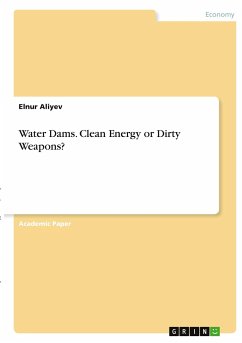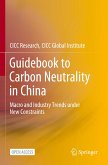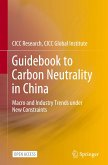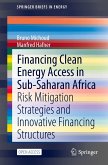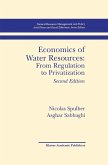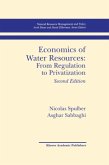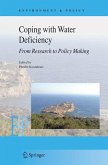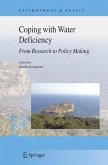Academic Paper from the year 2021 in the subject Economy - Environment economics, grade: 2.0, Rhine-Waal University of Applied Sciences, language: English, abstract: The present paper analysed both sides of the spectrum by looking at two prominent and controversial dam projects - Three Gorges Dam of China and Grand Ethiopian Renaissance Dam of Ethiopia, as well as mentioning some small-scale reservoir cases within the topic. Together with the technology development, population and economic growth and an increasing global responsibility to produce energy sustainably, water dams have become milestone projects throughout the world. However, with the expanding number and scale of hydro-power infrastructures, undesired negative effects such as population resettlement, loss of habitat and probability of water wars have also arisen. In a world increasingly characterized by numerous concerns over global challenges such as climate change, food security and environmental sustainability, one resource is a key more than ever - water. Despite its irreplaceable survival value for life in general, water resources accompany social development and economic growth as a major contributing element. Among multiple functions of water resources for humanity, one of the popular services that is increasingly critical is electricity generation that is realized through various-scale water dam infrastructures. Even in the current global pandemic situation, hydropower is and is forecasted to remain as the largest renewable power generation type through 2025. The significance of water dams is further emphasized in the light of UN 2030 Agenda because harnessing water power is widely contributing towards achievement of targets such as decarbonisation, access to clean electricity and food security globally.
Hinweis: Dieser Artikel kann nur an eine deutsche Lieferadresse ausgeliefert werden.
Hinweis: Dieser Artikel kann nur an eine deutsche Lieferadresse ausgeliefert werden.

